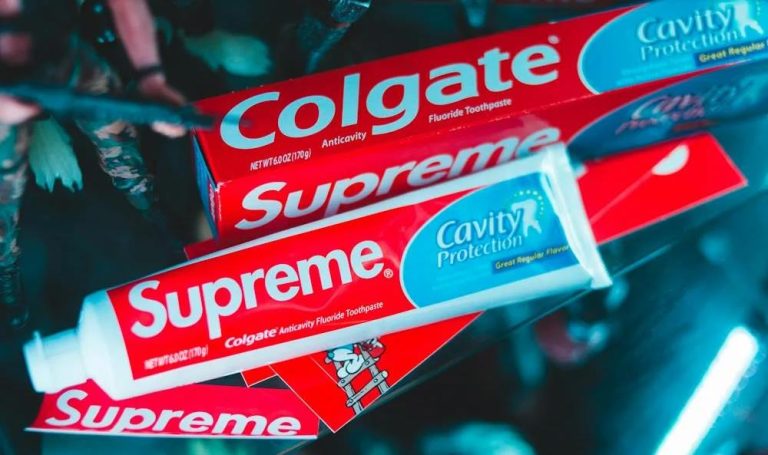In the 1950s, a simple idea emerged that would revolutionize the sales dynamics of a well-known toothpaste company. Colgate was searching for innovative ways to boost sales and launched an open competition to gather new ideas.
An Unusual Proposal to Colgate
Days went by without any standout suggestions—until one man came forward with a proposal that promised to increase sales by as much as 40%. He demanded $100,000 for his idea. Although the price seemed steep, Colgate decided to take a chance, having no better alternatives.
Once the paperwork was in order and the money had been transferred, the man handed over a small note with a short but brilliant message: “Make the hole bigger.”
Make the Hole Bigger
At the time, Colgate’s toothpaste tubes had an opening of just 5 mm. By increasing the diameter from 5 mm to 6 mm, the amount of toothpaste dispensed rose by 40%. This small change led consumers to use up their tubes more quickly—resulting in more frequent purchases.
This seemingly trivial but ingenious solution became a turning point for Colgate and demonstrated how a minor adjustment could have a major impact on both product usage and sales performance.
The story of Colgate and the toothpaste tube’s “bigger hole” has become a classic business anecdote. However, it’s worth noting that there are no verifiable sources confirming the exact details of the event. Still, it highlights an important point: small, simple ideas can often lead to big results.
Simple Idea, Big Impact
Do you have a simple idea that could make a significant difference? Don’t hesitate to test it. It’s easy to believe that great results require complex solutions, but history shows us time and again: when we dare to think simply, we often open the door to something much greater. It’s not always about doing more—but about doing it smarter.




